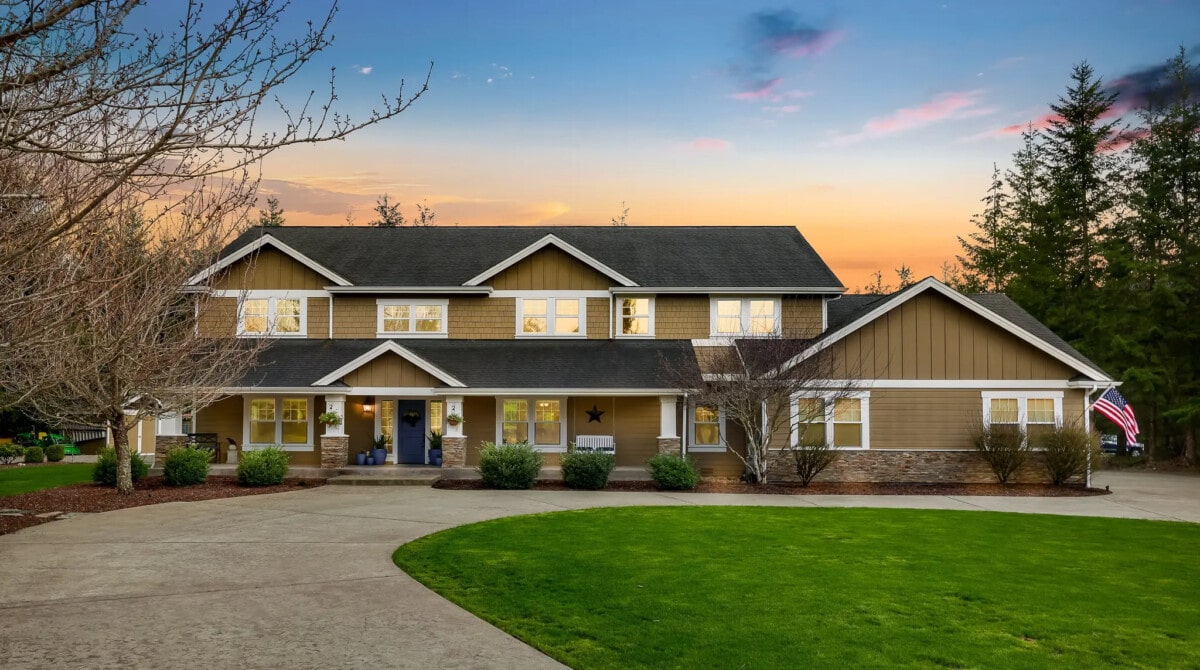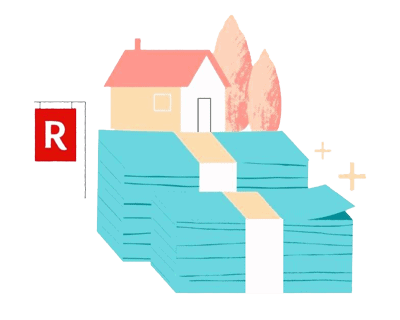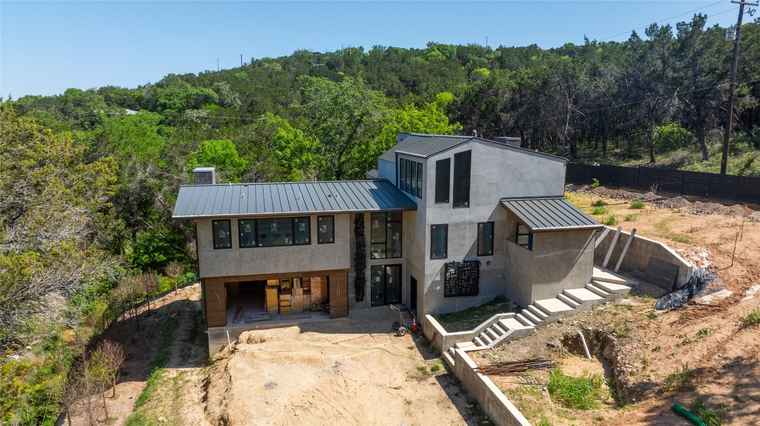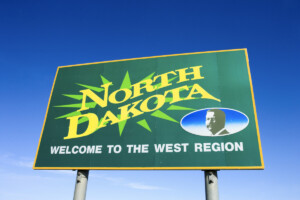For many individuals and families, owning a home in North Dakota is a lifelong dream. However, with rising real estate prices, some may find themselves seeking financing beyond the conforming loan limit. This is when you may need to apply for a jumbo loan.

What is a jumbo loan?
So, what exactly is a jumbo loan in North Dakota? It’s a mortgage loan that allows borrowers to finance a property that exceeds the conforming loan limit set by the FHFA. In simpler terms, a jumbo loan is a specialized mortgage that enables you to borrow more money than you would be able to with a conventional loan. These loans are typically used to finance high-end or luxury properties in areas with high home prices.
If you find yourself in a situation where the home you’re planning to buy requires borrowing beyond the conforming loan limit, then you’ll need to pursue a jumbo loan. However, because of the larger loan amounts and the risk involved, jumbo loans often come with stricter requirements and higher interest rates than conventional loans. Lenders typically require a larger down payment, higher credit score, and more assets on hand to qualify for a jumbo loan in North Dakota.
What is the jumbo loan limit in North Dakota?
In North Dakota, the conforming loan limit is $766,550 across all counties. For example, if you’re buying a home in McKenzie County, where the median sale price is NULL, a loan limit exceeding $766,550 would be considered a jumbo loan.
Keep in mind that the amount being borrowed is what determines whether or not you’ll need a jumbo loan, not the home price. So, if you were to put $50,000 down on a $750,000 home in McKenzie County, the loan would be $700,000, which is under the CLL for this area. In this case, your loan wouldn’t be considered a jumbo loan.
To identify the conforming loan limits where you’re considering buying a home in North Dakota, check out this FHFA map.
What are the requirements for a jumbo loan in North Dakota?
Borrowers must meet stricter requirements to qualify for a jumbo loan than they would for a conforming loan. Each lender may have different requirements or processes, but below are the typical requirements for borrowers seeking a jumbo loan.
Higher credit score: When it comes to jumbo loans, lenders generally look for a credit score of 720 or above to qualify a borrower. While some lenders may accept a score as low as 660, this is typically the lowest threshold for qualification.
Larger down payment: When applying for a jumbo loan, keep in mind that down payment requirements are generally more substantial than for traditional mortgages. While the specific amount will depend on the lender and the borrower’s financial situation, many jumbo loan lenders require a down payment of at least 10%, and some require as much as 20% or more.
More assets: To qualify for a jumbo loan, lenders require borrowers to demonstrate that they have sufficient liquid assets or savings to cover at least one year of loan payments. The exact amount of assets needed can vary depending on the lender and the size of the loan, but having more assets can increase the chances of approval and potentially lead to better terms and interest rates.
Lower debt-to-income ratio (DTI): Whether you’re applying for a traditional mortgage or a jumbo loan, lenders evaluate your spending habits and creditworthiness by analyzing your debt-to-income ratio (DTI). The DTI is determined by dividing the total of your monthly debt payments by your gross monthly income. While some lenders may accept a DTI as high as 50% for a conforming loan, those applying for a non-conforming loan should aim for a DTI under 43% and ideally closer to 36%.
Additional home appraisals: Your mortgage lender may require a second home appraisal for a jumbo loan, in addition to the standard appraisal, to get an additional opinion on the property’s value. This is especially true in cities with limited comparable property sales. The additional appraisal helps lenders ensure that they are providing funds for a property that is worth the loan amount or more.
























